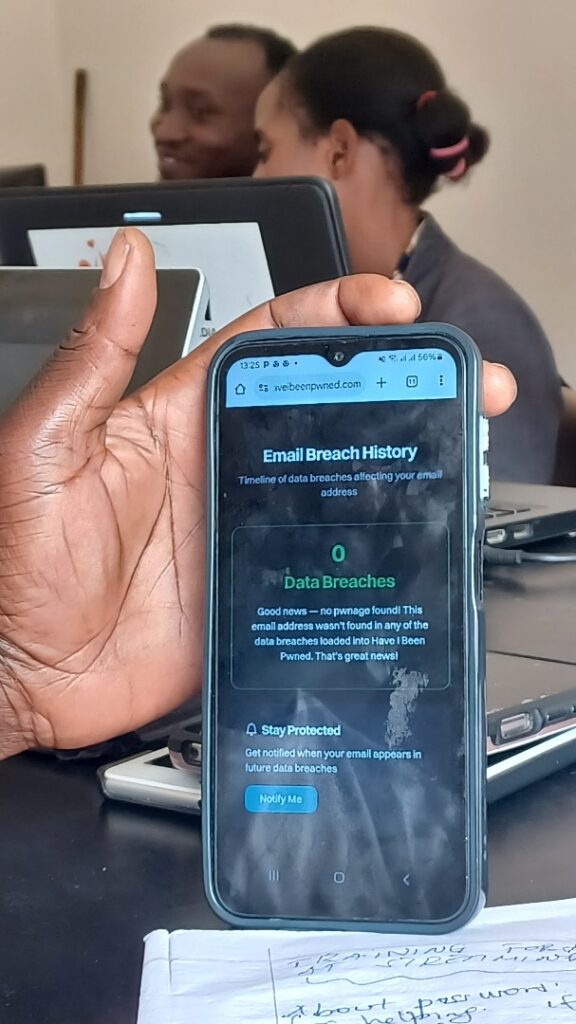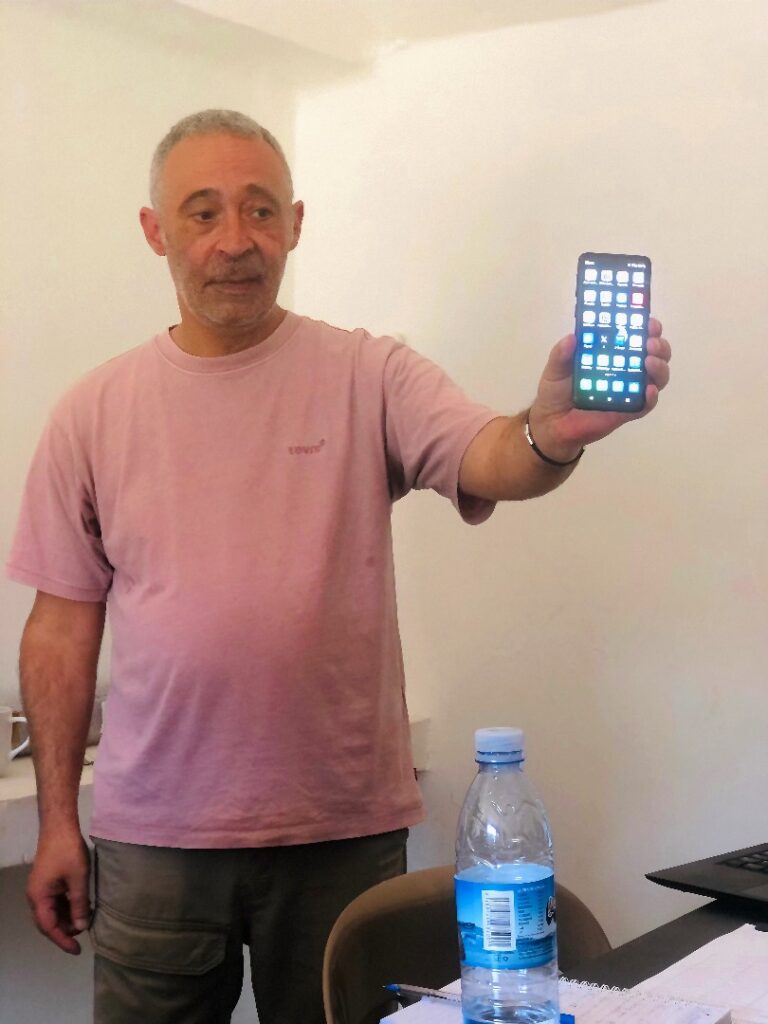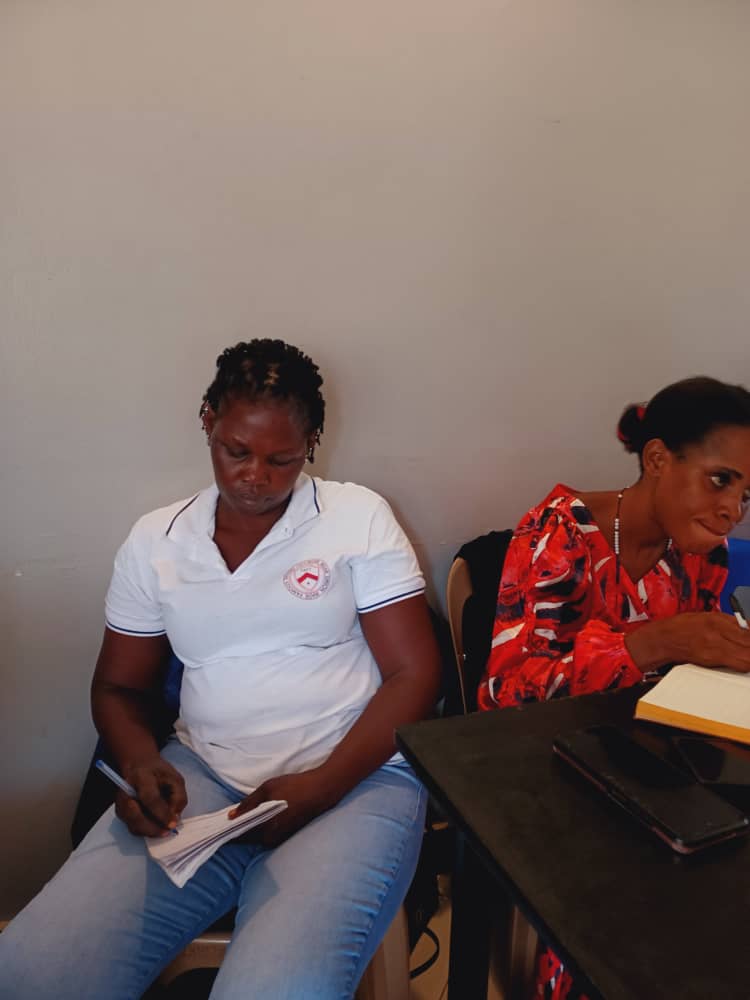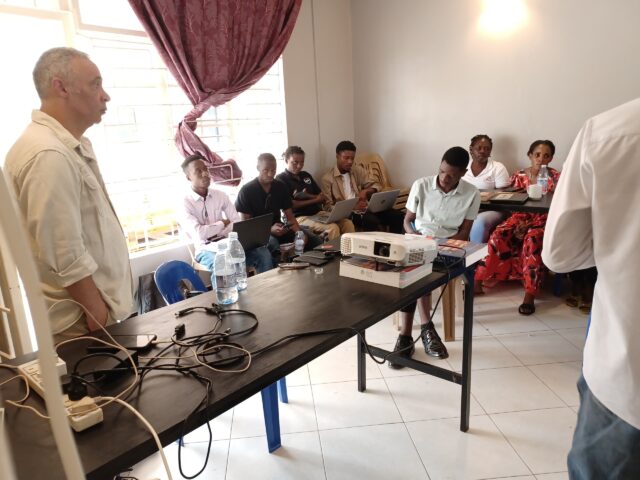
Have you ever taken the time to think about the intentions behind the links you receive on your smartphone and other devices? This highlights the importance of being conscious about what you receive and share online.
Most of the time, people unknowingly receive information online through links, many of which contain persuasive messages promising benefits such as rewards, cash, free data bundles, and more.
Unfortunately, this has exposed many individuals to digital insecurity, with some having their accounts hacked or becoming victims of online violence. As a result, some have withdrawn from online spaces altogether, negatively impacting their digital presence and well-being.
This prompted the Streaming Asylum organization, in partnership with Nothing2End, to train journalists on digital safety and security. The goal is to equip them with the knowledge needed to stay safe online and to use their reporting to inform the public about the importance of digital safety and the dangers of engaging in activities that expose them to online risks and harassment.
During the digital training for refugee and humanitarian storytellers in Nsambya, Jean-Marc Bourgouignon, the co-founder of Nothing2Hide, explained that there is no such thing as winning free cash online. He emphasized that hackers and online abusers often use such promises as traps to target and harass people especially those looking for easy gains.
He therefore warned people not to be easily swayed by offers of free items, as these can become very costly when considering the potential damage they may cause.

Jean Ruyange Fraterner, the Director at Streaming Asylum and a journalist, stated that journalists face a high risk of digital insecurity. He emphasized the need for journalists to acquire more knowledge about digital safety in order to protect themselves from the various threats associated with online vulnerabilities. This, he explained, is the reason they organized the training.

Aber Jackie, the Communications Officer at Streaming Asylum, noted that many people fall into hacking traps due to a lack of information about digital security. She emphasized the need for journalists to use the knowledge gained from this training to tell these stories and help protect people from online harassment.







